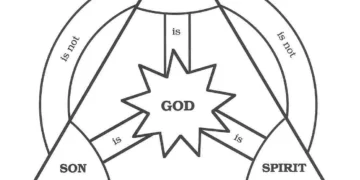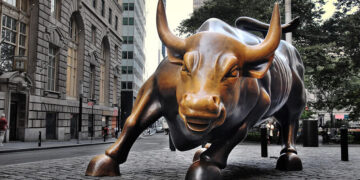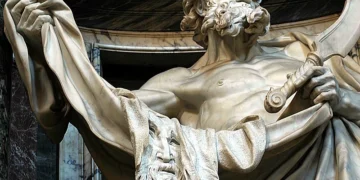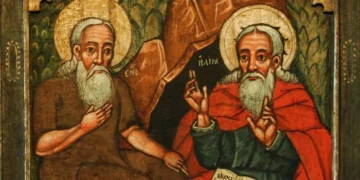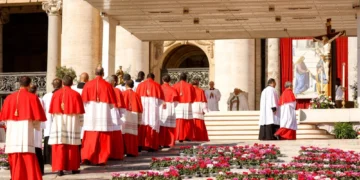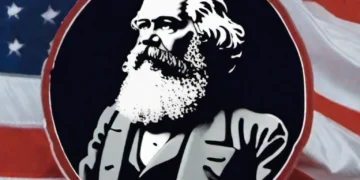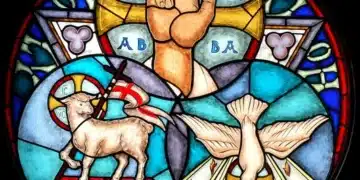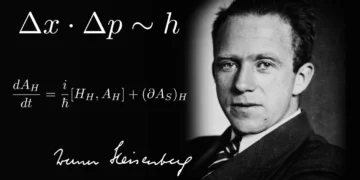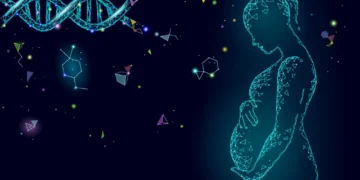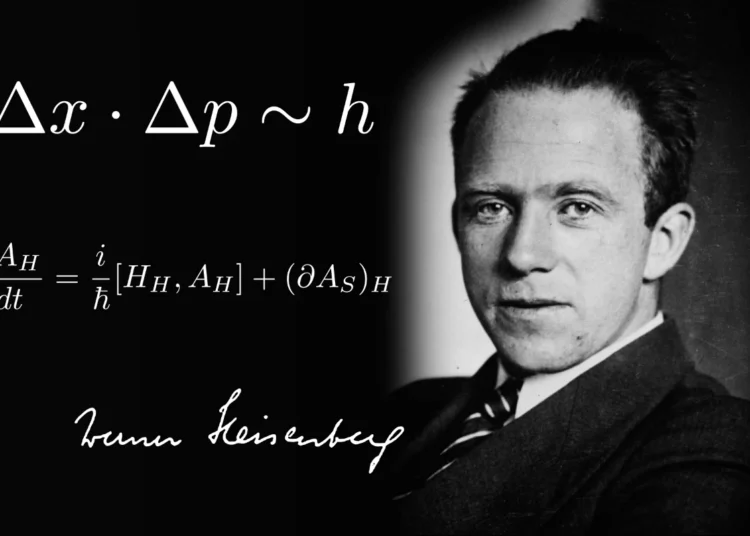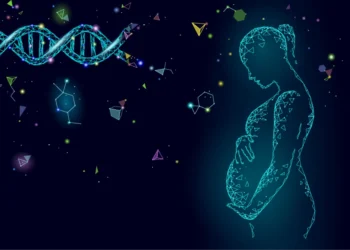In the realm of quantum physics, reality seems to take a surprising turn, defying our traditional notions of cause and effect. One of the most intriguing concepts in this field is Werner Heisenberg’s Uncertainty Principle, which suggests inherent limits to our ability to measure the properties of particles accurately. Delving deeper, one cannot help but wonder: Could there be a connection between this scientific principle and the age-old question of God’s existence? Join us on this curious journey as we explore the fascinating realm where quantum physics and theology intertwine.
The Uncertainty Principle: A Puzzle of Dimensions
Heisenberg’s Uncertainty Principle challenges our conventional understanding of the world. It states that the more precisely we try to measure certain pairs of physical properties, such as an object’s position and momentum, the less accurately we can know the other property. Put simply, we cannot simultaneously measure both with infinite precision. This revelation raises intriguing questions about the nature of reality itself.
A Glimpse into the Divine?
One interpretation of Heisenberg’s Uncertainty Principle hints at a parallel with theological concepts surrounding God. Just as the Uncertainty Principle introduces an inherent limit to our knowledge of particles, could it be that God exists beyond the bounds of our comprehension? This line of inquiry leads us to ponder whether the uncertainty present at the quantum level reflects the fundamental nature of reality, pointing towards a vast and mysterious cosmic intelligence.
Understanding God in Quantum Terms
To explore this connection further, we must also consider Werner Heisenberg’s own religious beliefs. Heisenberg, a pioneer in quantum mechanics, grappled with the question of God’s existence. In his reflections, he found room for both science and spirituality. Heisenberg acknowledged that science could not provide definitive answers about the divine, but he believed that it could help humankind approach a deeper understanding of the world’s complexities.
Heisenberg’s outlook combined elements of science, philosophy, and faith. For him, the Uncertainty Principle represented not only scientific uncertainty but also a profound mystery underlying the nature of existence. He recognized that science could lead us to awe-inspiring revelations, but it could never fully capture the infinite intricacy and wisdom of the cosmos.
Bridging the Gap: Science and Spirituality
While science and spirituality are often regarded as separate domains, there is growing acknowledgment that they may, in fact, converge. The Uncertainty Principle, with its inherent limits to measurement, invites us to embrace the unknown, fostering humility in the face of the grandeur of the universe. In a similar vein, spirituality encourages us to recognize that our grasp of reality may always be limited, urging us to approach the mysteries of existence with open-mindedness and wonder.
Interplay Between Science and Spirituality
As we journey through the enigmatic world of quantum physics, we find ourselves confronted with profound questions about the nature of reality and the existence of a higher power. The Uncertainty Principle intrigues us, hinting at the possibility that limits to our knowledge may extend beyond the realm of science. Werner Heisenberg’s own exploration of these boundaries underscores the interplay between science and spirituality.
While we may never bridge the gap entirely, in contemplating the Uncertainty Principle and its implications, we find ourselves humbled by the vastness of the cosmos. It is in this space of curiosity and wonder that we glimpse the potential for a deeper understanding, where science and faith may both play a role in unraveling the mysteries that surround us.













